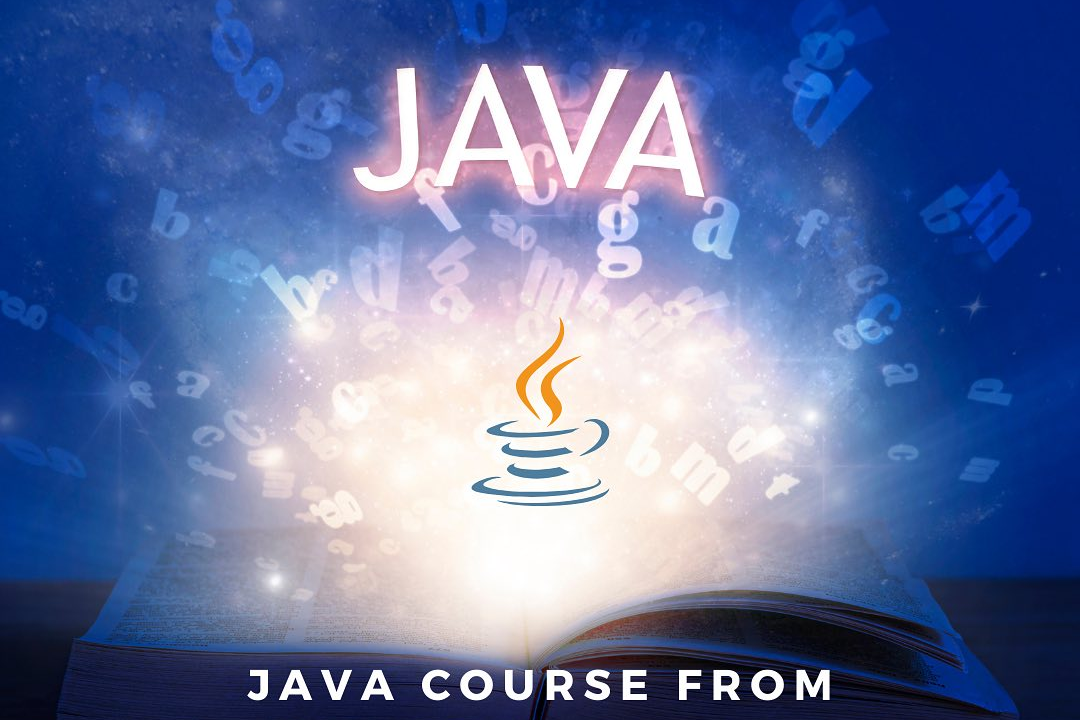Java web application frameworks
Exploring Java Web Application Frameworks: A Comprehensive Guide
Java web application frameworks
Java Web Application Frameworks are powerful software frameworks designed to simplify the development and deployment of web applications using the Java programming language. These frameworks provide a structured approach to web development, offering features such as MVC (Model-View-Controller) architecture, data binding, templating, and security features. Popular Java web frameworks include Spring MVC, which is part of the larger Spring ecosystem, and JavaServer Faces (JSF), which facilitates user interface development by allowing developers to build reusable UI components. Other notable frameworks include Struts, Hibernate (for ORM), and Grails (built on Groovy). By streamlining development processes and fostering best practices, these frameworks help developers build scalable, maintainable, and robust web applications more efficiently.
To Download Our Brochure: https://www.justacademy.co/download-brochure-for-free
Message us for more information: +91 9987184296
1 - Introduction to Java Web Frameworks: Understanding the purpose of web frameworks in simplifying the process of building web applications, managing complexity, and enhancing productivity.
2) Model View Controller (MVC) Pattern: Explanation of the MVC architectural pattern used by many Java frameworks to separate application logic (Model), user interface (View), and user input (Controller), thus promoting organized and maintainable code.
3) Spring Framework: Overview of the Spring framework, its core features, and its role in providing comprehensive infrastructure support for developing Java applications, including web applications.
4) Spring Boot: Introduction to Spring Boot, which simplifies the process of setting up and developing new Spring applications with embedded servers and auto configuration.
5) JavaServer Faces (JSF): Discussion of JSF, a component based web framework for building user interfaces for Java EE applications, highlighting its reusable UI components.
6) Apache Struts: Exploring Apache Struts as an MVC framework, detailing its features for building robust web applications and its integration capabilities with other frameworks.
7) Grails: Overview of Grails, a framework that leverages Groovy and the Spring framework, emphasizes convention over configuration, and accelerates development through its productive environment.
8) JavaServer Pages (JSP): Explanation of JSP, a technology that allows for the creation of dynamic web content, and its role in separating the user interface from content generation.
9) Hibernate: Introduction to Hibernate as an Object Relational Mapping (ORM) tool often used in conjunction with web frameworks to manage database interactions easily and facilitate seamless data manipulation.
10) Spring MVC: Detailed discussion of Spring MVC, a framework specifically designed for web applications within the Spring ecosystem, focusing on its flexibility and integration with various view technologies.
11) Quarkus: Overview of Quarkus, a newer framework designed for Kubernetes and cloud native applications that aims for high efficiency and rapid deployment.
12) Jakarta EE (formerly Java EE): Introduction to Jakarta EE, a set of specifications that outline how to build enterprise grade web applications in Java, and its relationship with web frameworks.
13) Vaadin: Explanation of Vaadin, a framework for building modern web applications with a rich user interface and emphasis on server side development.
14) Play Framework: Discussion of the Play Framework, which is reactive and supports both Java and Scala, focusing on its simplicity, statelessness, and speed.
15) Microservices Architecture: Addressing how Java frameworks support the development of microservices architectures, promoting modularity and independent deployment of application components.
16) Integration with Frontend Technologies: Exploration of how Java frameworks can integrate with modern frontend frameworks like Angular, React, and Vue.js to create full stack applications.
17) RESTful Web Services: Explanation of how Java frameworks provide support for building RESTful web services, allowing seamless communication between client and server in a stateless manner.
18) Security in Java Web Applications: Overview of security considerations and features provided by frameworks to protect web applications, including authentication, authorization, and data encryption.
19) Testing and Maintenance: Discussion on how Java frameworks provide tools and support for testing web applications, ensuring application quality and facilitating easy maintenance.
20) Community and Ecosystem: Highlighting the importance of community support and vast ecosystems around popular Java frameworks, providing libraries, plugins, and resources for developers.
These points should provide a solid foundation for a training program on Java Web Application Frameworks, encompassing essential concepts and tools for students to grasp the important aspects of web development in Java.
Browse our course links : https://www.justacademy.co/all-courses
To Join our FREE DEMO Session: Click Here
Contact Us for more info:
App Development Frameworks
java training institutes in visakhapatnam
iOS Training in Itarsi
Java Api Documentation
salesforce online training











